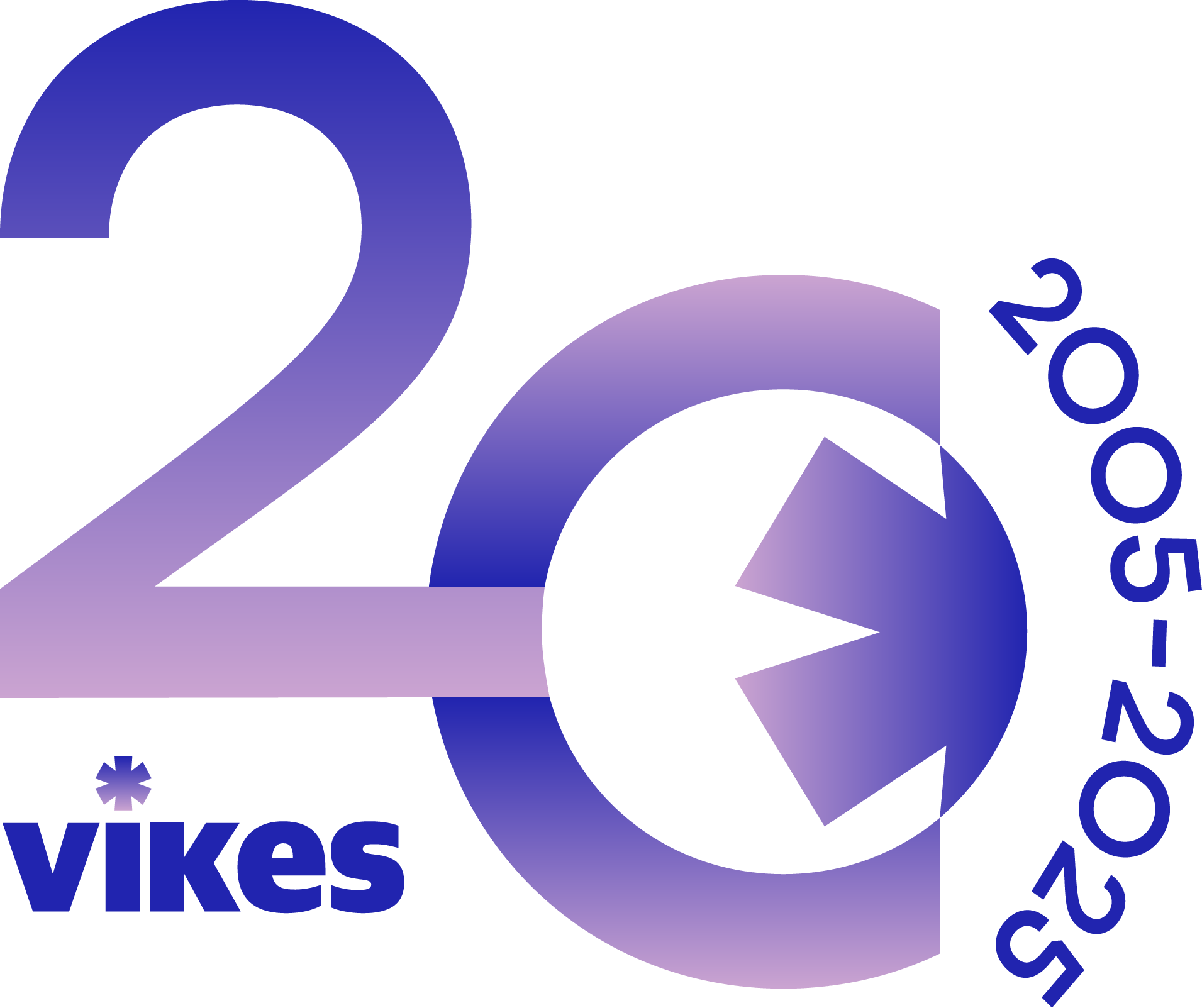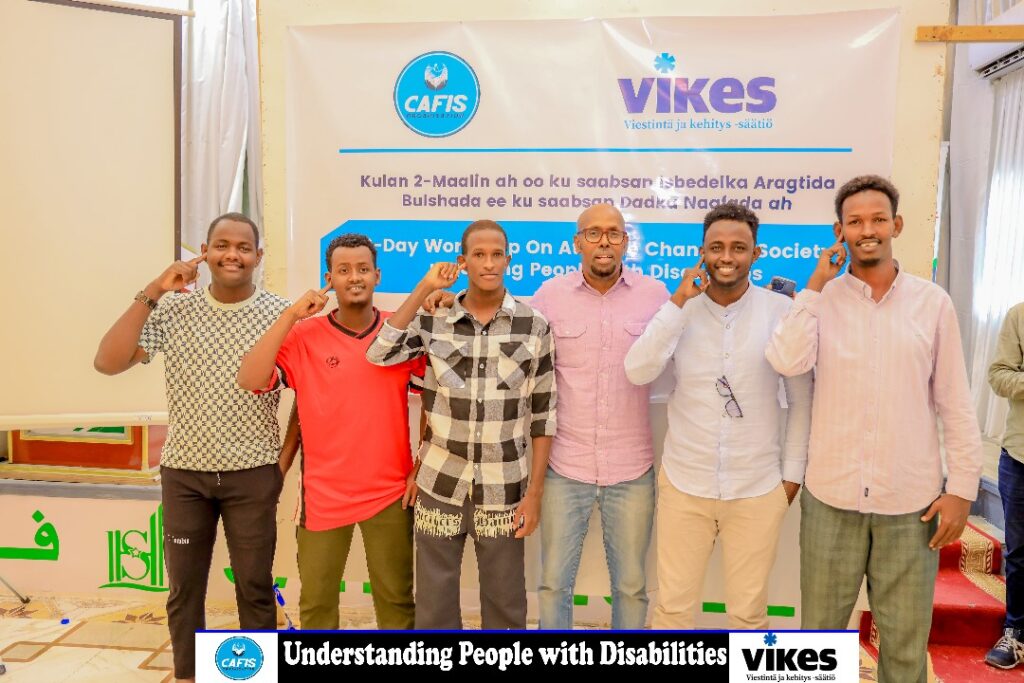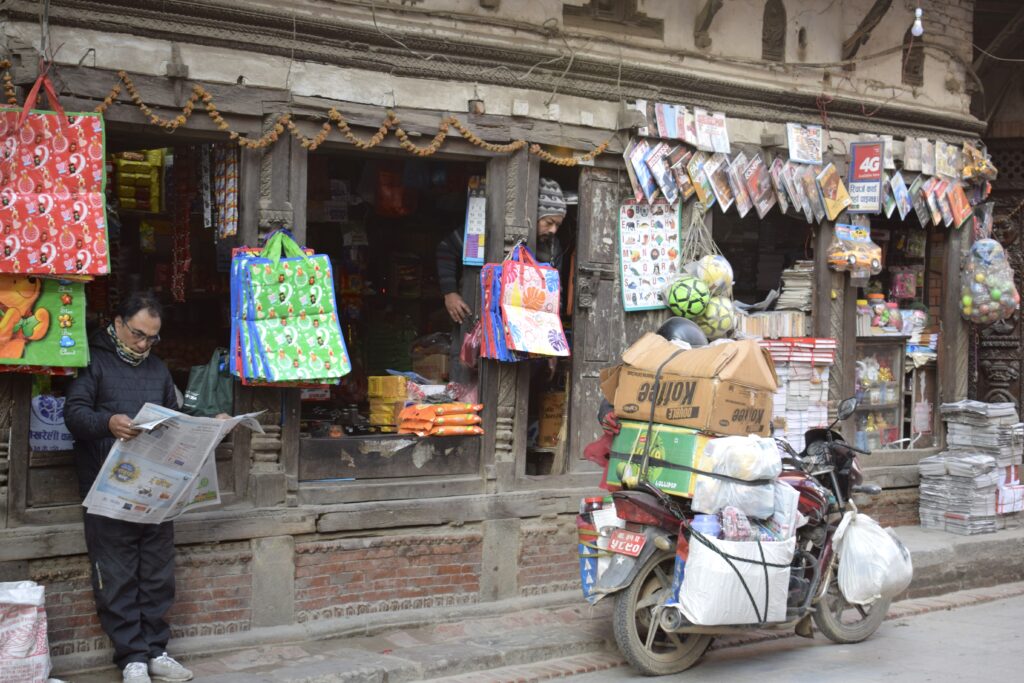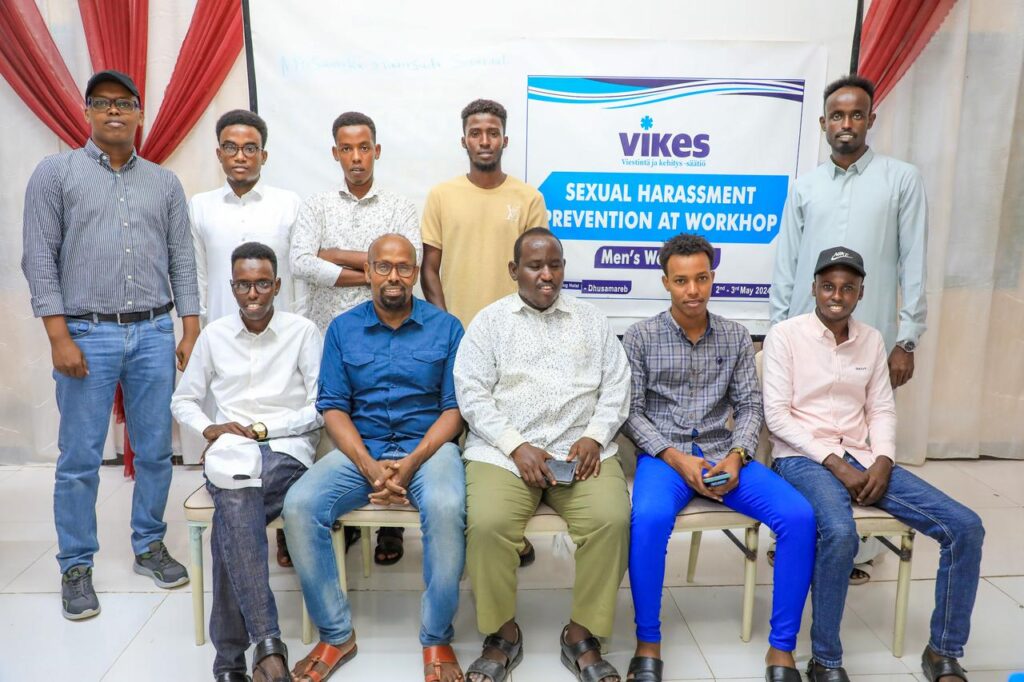What politicians hope forare hoping for from the media – what do journalists want from politicians? Asked by presenter Kaius Niemi in a panel discussion at the Press Freedom Day seminar from two journalists and two members of parliament. Enabling a constructive debate culture through collaboration, alreadynka the framework of the media operating logic ultimately set.
The panel included contributions from journalists Anni Keski-Heikkilä (Helsingin Sanomat) and Alec Neihum (MTV News), as well as MPs Heikki Autto (Coalition Party) and Pinja Perholehto (Social Democrats).
Underlying the confrontations highlighted in the media is the commercial logic of the media, within which politicians and journalists communicate.
Heikki opened the debate by making a clear request to the media: “To find common ground between parties and politicians. On many occasions, it has felt that the debate was not polarising. Afterwards, reading the media analysis, it comes as a surprise that the same event painted a picture of strong polarisation. In a small media space, it is more likely to highlight contrasts rather than unifying factors.”
According to Heikki, polarisation may make it more interesting to follow politics, but he hoped that consensus politics would remain the basis of the debate.
“Parliament is constantly debating really interesting and important initiatives on EU legislation. These debates are completely ignored by the media, and there is a risk that decisions are taken without any attention while the public debate focuses on herring quotas.” Heikki pointed out.
Alec had an answer ready: “Journalism is a business, and works according to commercial logic. The word “EU” in the headline is not trending, and these stories are not read. Of course, the media cannot hide behind not writing about a subject if it doesn’t appeal. It is true that EU issues are underrepresented, and there could be untapped tensions there.”
Journalists want direct and progressive feedback instead of painting individual journalists in the wrong light
Presenter Kaius asked the journalists about the escalating relationship between the media and politics during last summer’s government negotiations: “The accusations of being on the side of the media were quite strong, how did it feel?”
Anni began by saying that the accusations were certainly not made out of thin air, as there were clearly unresolved discussions between the governing parties that surfaced over the summer.
Anni recalled that the debate was initiated by citizens on social media, and the media woke up to the issue through social media.
“There’s always a big team behind every story, if it’s the least bit controversial. Individual journalists never get to put out stories on their own.”, Anni recalls.
According to Alec, journalists are required to constantly self-reflect and have the courage to write in the knowledge of the strong reactions a story may provoke.
In opinion pieces in particular, self-reflection is important. “I wish that when politicians criticise the media, they would tell us which story went too far. Vague and broad media criticism seems unfair and vague”, Alec adds.
However, Heikki noted that key journalists and politicians generally have good relations: “The wisest politicians don’t want to criticise the media too much, because they know the role of the media as a watchdog of power. The heated debate of last summer was born out of meta-debates – how to talk, not the subject itself. I would like to see more talk about Finland’s role in EU policy, for example, rather than what is said about Finland.”
Are there moments when confrontation has been reduced?
“When we can discuss Finland’s joint decision-making in peace in the committees, the spirit is really good. In the absence of political theatre, there is a good, high-quality and calm debate. As chairman of a large committee, I want to leave a message that there is hope – we know how to discuss and make good decisions.” Heikki said.
“The fear that others will take up a huge amount of space feeds on itself. There was once an unspoken agreement not to poke others with hollow words to get yourself in the headlines. When this habit was absent, we had a really good and substantive discussion.” Pinja added.
So the skills of debate and the desire to discuss constructively exist despite the fact that they are not visible in the public media space.
It is generally accepted that the atmosphere of confrontation is most strongly sustained by the commercial logic of the media, driven by public interest and consumption habits.
Is it possible for media houses to produce news that promotes a constructive culture of debate and that citizens would be interested in?
And how can news that deviates from conflict-oriented story patterns be constructed to generate genuine interest?
These are challenges that media houses will have to face and address in the future, as the role of the media in polarisation cannot be ignored.
However, the panel argues that instead of looking at individual journalists’ and politicians’ outbursts, we need to turn our attention to commercial structures and the habitual ways of building the tensions that sustain the status quo.



